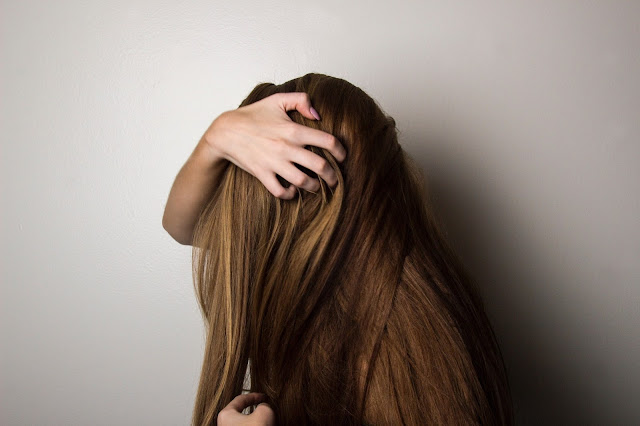What Is Trichotillomania?
It is a disorder that causes certain people to feel compelled to tear their hair out. They become hair pulling machines. It is capable of affecting people of all ages. Trichotillomania is a condition in which people easily pull hair out hair from their scalp, brows, eyelashes, or pubic region at the root. Long hair is pulled out by certain people with the disease, resulting in bald patches on the scalp or brows. Others take their hair out one strand at a time.
Hair pulling is a conditioned reaction that activates dopamine in the brain and is addictive. Dopamine is a 'feel-good hormone linked to reward centers in the brain, which is why pulling out hair feels good. Hair-pulling may feel nice at the moment, but it has a significant negative effect on our lives. Self-blame, disappointment, and despair are often experienced as a result of pulling out hair.
Some people are acutely aware of their gravitational force. Others tend to do so in a completely unfocused manner as if they aren't even aware of what they're doing. Resisting the desire of pulling out hair is as difficult for people with Trichotillomania as resisting the urge to scratch a very itchy itch.
Some people claim that the urge to pull is triggered by an itch or tingle in their scalp or skin.
Trichotillomania can make people feel humiliated, irritated, ashamed, or depressed. They may be concerned about what others would think or say. People who don't understand that they're not doing this on purpose can nag them. People who suffer from Trichotillomania also attempt to conceal their condition from others, including their relatives. It may not be easy to obtain assistance as a result of this.
Having Trichotillomania is a painful condition. Some people are self-conscious about their appearance as a result of hair-pulling. They might be more hesitant to make new friends or date. Others will feel helpless to resist the urge to pull or blame themselves for failing to do so.















No comments:
Post a Comment